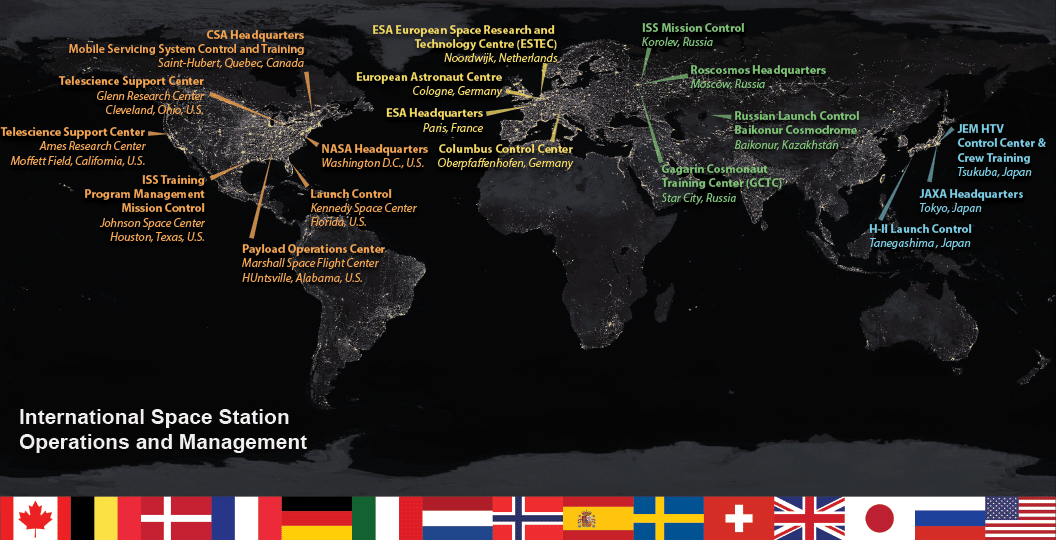Space exploration has been a human pursuit for decades, and it has resulted in some of the most significant scientific and technological achievements in human history. However, the exploration of space is not limited to individual countries or organizations; it requires collaboration and cooperation among countries around the world. The role of international space cooperation in space exploration cannot be understated, as it has contributed to many of the most significant achievements in space history.
International Space Agencies
The most prominent example of international space cooperation is the collaboration between different space agencies around the world. The world’s leading space agencies, such as NASA (United States), Roscosmos (Russia), ESA (European Space Agency), JAXA (Japan), and CNSA (China), work together on many space exploration missions. The International Space Station (ISS) is an excellent example of this collaboration, as it is a joint project between the United States, Russia, Europe, Japan, and Canada.
Sharing Resources and Expertise
International space cooperation also allows countries to share resources and expertise. For example, the United States has provided scientific instruments for ESA missions, and the European Space Agency has provided launch vehicles for NASA missions. This sharing of resources and expertise helps to reduce costs and improve the overall quality of space exploration missions.
Exploring New Frontiers
International space cooperation has allowed countries to explore new frontiers in space. The collaboration between NASA and ESA has resulted in missions to Mars, such as the Mars Express and Mars Reconnaissance Orbiter, and the planned 2022 ExoMars rover mission. The collaboration between NASA and JAXA resulted in the Hayabusa mission to asteroid Itokawa, while the collaboration between ESA and Roscosmos resulted in the launch of the BepiColombo spacecraft to study Mercury.
Space Technology
International space cooperation has also played a crucial role in the development of space technology. Countries around the world have developed new space technologies through international cooperation, which has resulted in significant advancements in the field. For example, the International Telecommunications Satellite Organization (ITSO) was established in 1964 to facilitate the use of satellite communications for global communications. This organization has helped to promote international cooperation in the field of satellite technology, resulting in significant advancements in communication capabilities.
Conclusion
The role of international space cooperation in space exploration cannot be understated. The collaboration between different space agencies around the world, sharing of resources and expertise, exploring new frontiers, and the development of space technology has resulted in some of the most significant achievements in space history. As countries around the world continue to explore space, it is essential that they continue to work together and cooperate to advance the field of space exploration and unlock the mysteries of the universe.


